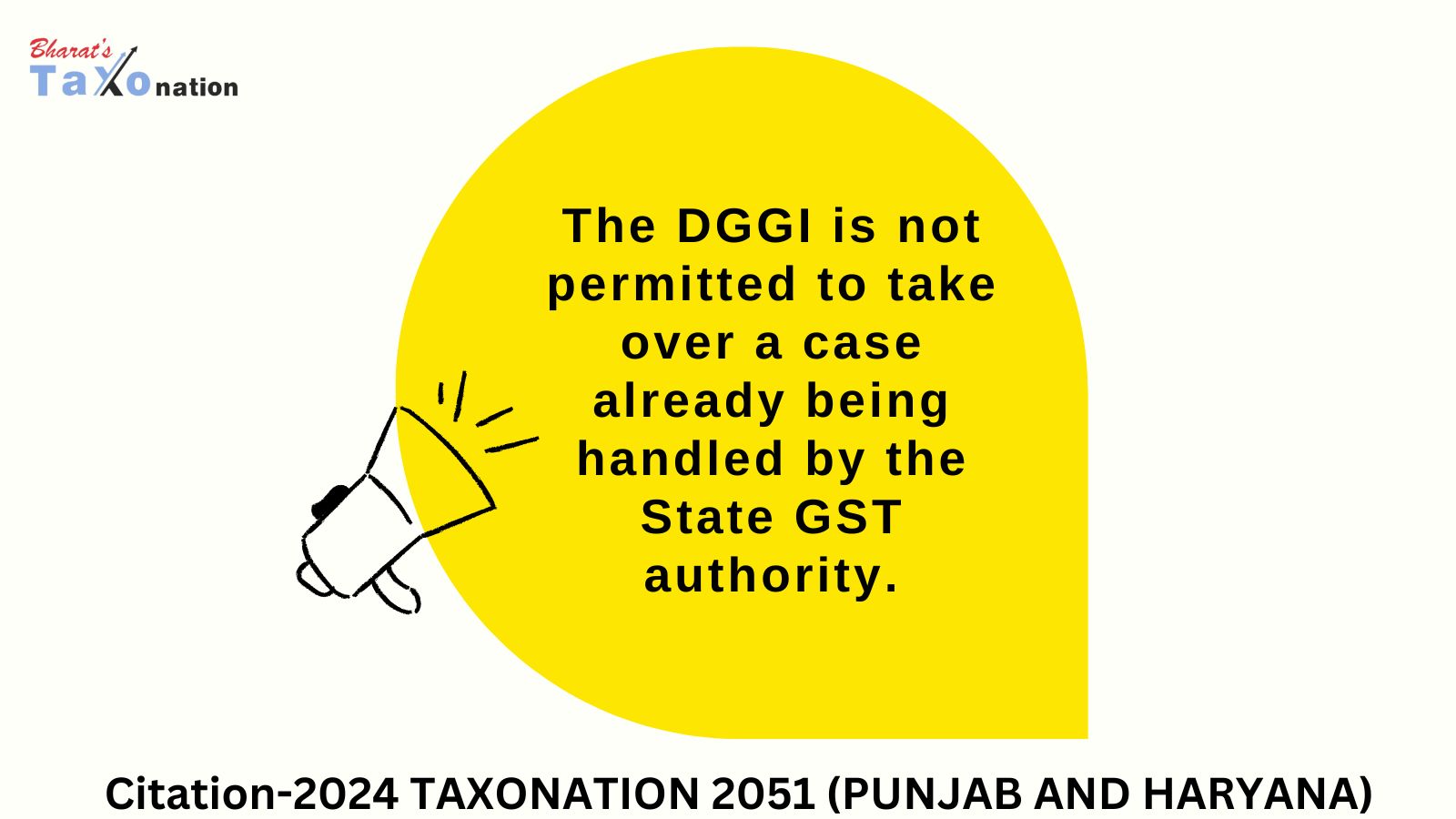
Introduction
The intricate interplay between State and Central authorities in Goods and Services Tax (GST) investigations is a complex terrain often fraught with jurisdictional disputes. A recent case involving a Haryana-based lead alloy manufacturer sheds light on the challenges and ambiguities that arise in such situations.
Case Overview
The petitioner, a manufacturer operating in Haryana, faced multiple inquiries from both the Haryana State Tax Department and the Directorate General of Goods and Services Tax Intelligence (DGGI) regarding wrongful availment of Input Tax Credit (ITC). The petitioner challenged these multiple investigations and sought a single agency to handle the proceedings.
The State Government GST Department took up the inquiry and seized relevant records. However, the DGGI also conducted searches and seized documents, claiming that the State authorities had already taken possession of the records.
Jurisdictional Tug-of-War
The crux of the dispute lies in the transfer of proceedings between the State and Central authorities. The petitioner argued that the State Tax Officer, having initiated the proceedings, had the sole jurisdiction to examine the matter and that the DGGI had no authority to take over the case.
The DGGI, on the other hand, contended that the transfer was necessary due to the involvement of suppliers outside Haryana and the complexity of the case. They argued that the DGGI, with its nationwide jurisdiction, was better equipped to handle the investigation.
Key Legal Questions
Analysis and Conclusions
The court, in its analysis, examined the provisions of the Central Goods and Services Tax Act, 2017 (CGST Act) and the Haryana Goods and Services Tax Act, 2017 (HGST Act). It concluded that:
GST Case Law Stalwart Alloys India Private Limited Versus Union Of India
Citation-2024 TAXONATION 2051 (PUNJAB AND HARYANA)
CLICK HERE TO READ FULL CASE LAW/DOWNLOAD FROM ABOVE GIVEN PDF OPTION
OR
SUBSCRIBE GST E-LIBRARY (INDIA'S HIGHEST GST CASE LAW DATA)
FOR MORE UPDATE ON GST/ IT JOIN OUR FREE WHATSAPP GROUP BY CLICKING ON THIS LINK https://chat.whatsapp.com/C8VB6F6VHme3A061UDQKhj
\
Comment: